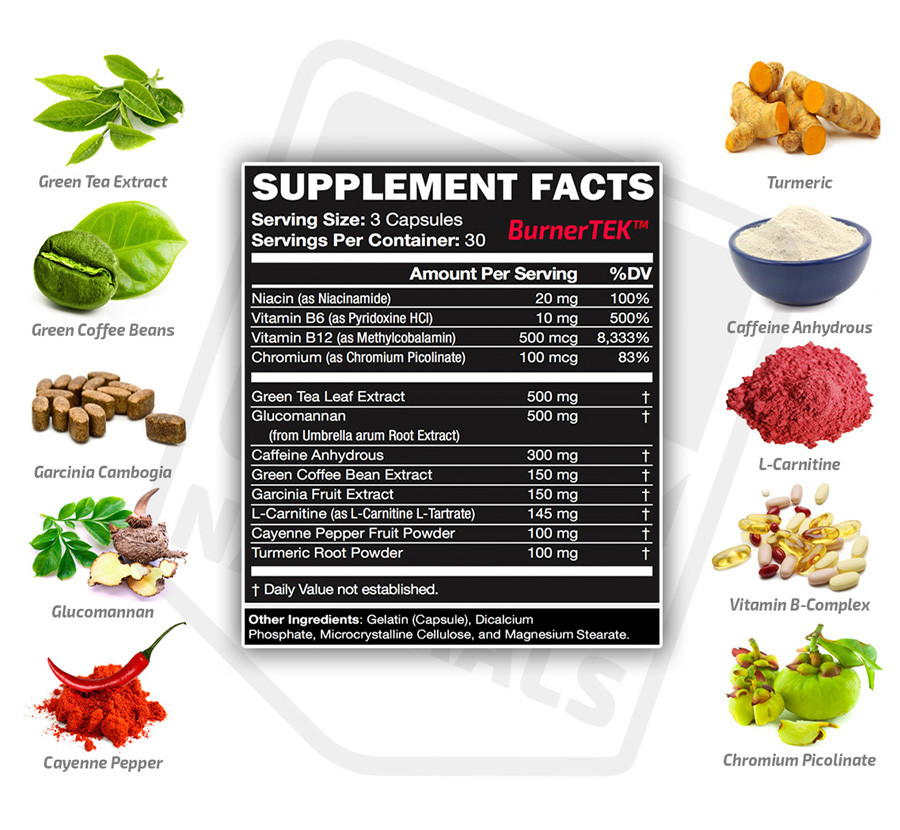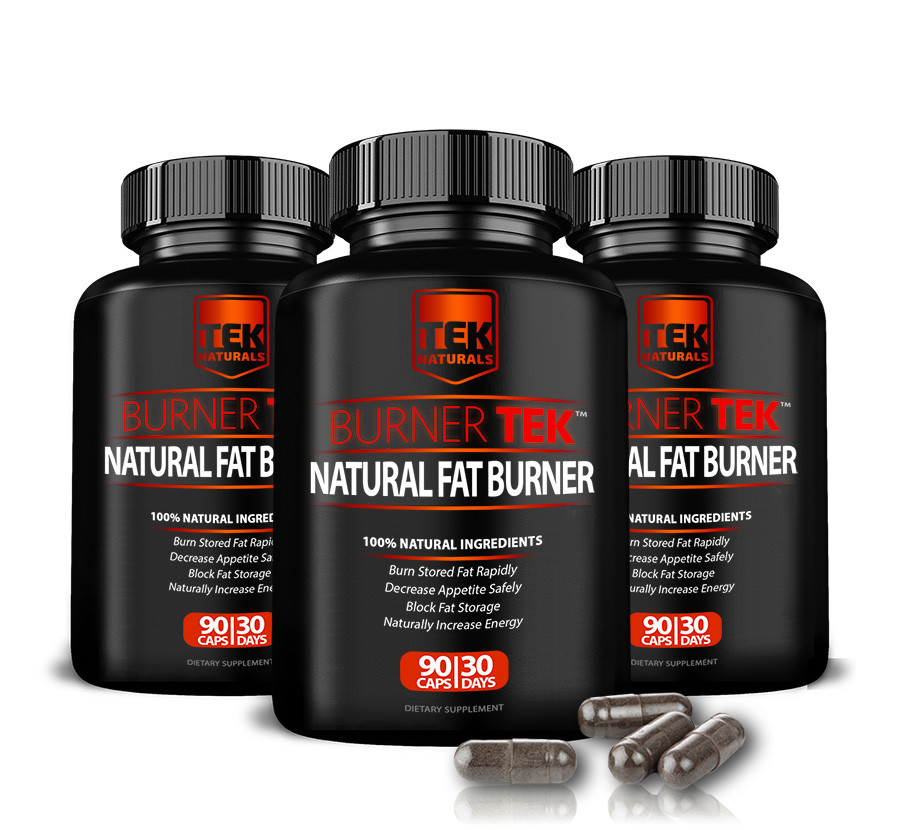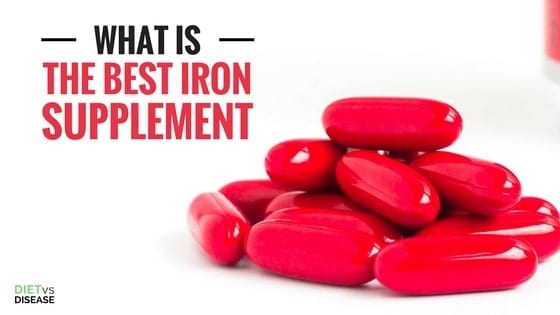
Iron is a vital nutrient that has many functions.
Problem is many men and women aren’t getting enough iron from their diet, and this can lead to negative health consequences.
This article looks at which iron nutritional supplement is the best for you.
What Is Iron and Why Do we want it?
Iron is a mineral that has many critical roles in our entire body.
It’s most important job is to help carry oxygen. In addition, it will help support our immune system, supports function and muscle function.
Unfortunately, iron deficiency is one of the most frequent nutrient deficiencies in the world. Not having sufficient iron can make you feel quite exhausted both emotionally and physically.
Overview: Iron is an essential mineral for carrying oxygen around the body and we need sufficient iron every day to encourage our energy requirements. Iron deficiency is common.
Ways to Have Iron from Food Sources
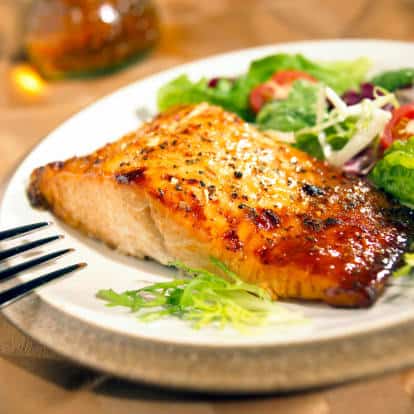 Iron can be obtained in two unique types; heme iron and non-heme iron.
Iron can be obtained in two unique types; heme iron and non-heme iron.
Heme denotes the chemical makeup of iron. To put it differently, heme iron is a sort of iron that’s easily absorbed by our little intestine into our blood flow (1).
Regrettably iron has a makeup to heme iron. For that reason, it’s much less easily absorbed and generally needs an acidic element to help convert it into the heme form ().
Heme iron is found in animal meals like red meat, poultry, and fish. Non-heme iron is also found in plant foods such as breakfast cereals, green leafy veggies, seeds and nuts, and lentils and legumes.
This is the reason why vitamin C (ascorbic acid) can be found in iron supplements. It is well known for its ability. Vitamin C is also found in many distinct fruits and veggies (3).
Overview: Iron is found in many unique foods. The best source of iron stems from red meat, fish and poultry. When being consumed by the body iron from plant sources need help.
Are We Meeting Our Daily Iron Requirements?
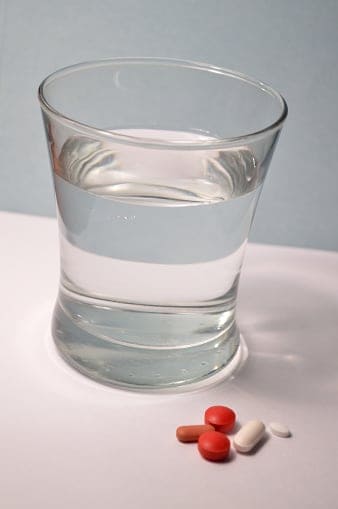 A lot of individuals aren’t fulfilling their daily requirements.
A lot of individuals aren’t fulfilling their daily requirements.
In addition, some people need more iron than others including children, pregnant women, along with pre-menopausal women (4).
Women and Men have different daily requirements such as iron:
Men
- 2-18 years: 7-11 mg
- 19-59 years: 8 milligrams
Females
- 2-18 years: 7-15 milligrams
- 19-50 years: 18 milligrams
- maternity: 27 milligrams
Recent poll results (PDF) discovered the typical daily consumption for girls over age 20 was 12.6mg. Men had a high average intake of 16.6milligrams of iron.
Girls aged from 2-19 years averaged 12.3milligrams of iron each day, whereas males aged 2-19 years dropped slightly more in 15.4milligrams of iron each day.
Overview: Girls normally have lower intakes of iron compared to men even though they really need more. This implies deficiency isn’t uncommon in women.
Iron Deficiency and Anemia
 A diet low in iron can result in low levels of iron from the blood.
A diet low in iron can result in low levels of iron from the blood.
This contributes to depleted iron stores, called iron deficiency.
Iron deficiency can cause low levels of vitamin hemoglobin, and it is a molecule that stores iron and carries iron bound to oxygen around the body. Low hemoglobin levels due to iron deficiency is referred to as iron deficiency anemia.
Not enough chemical means our body will not receive all of the oxygen it needs to function. The heart then must work harder to make sure our organs and muscles get.
This is exactly why we feel drowsy or have trouble concentrating when we have anemia or iron deficiency.
Another bad health effects of iron deficiency include fatigue, difficulty concentrating and a decreased immune response (5).
Iron deficiency in infants and children is quite severe. It can often lead to poor growth and impaired growth (5).
Overview: Low iron can cause low haemoglobin levels that’s referred to as iron deficiency anemia. Both anemia and iron deficiency have severe health consequences for both children and the adults.
Who is at Risk of Iron Deficiency?
 Some folks are more vulnerable to iron deficiency than others.
Some folks are more vulnerable to iron deficiency than others.
Vegans and vegetarians are in a greater risk because iron from plant foods aren’t as well absorbed as iron from animal foods, as mentioned before.
Menstruating girls are at a greater risk of iron deficiency because of blood losses.
Kids who are fussy eaters refuse to eat or may be at risk of iron deficiency if they dislike.
Should I Be Using an Iron Remedy?
If you are feeling tired and run down a blood test can help determine if you are iron deficient.
A blood test which indicates iron levels under the normal range is a good sign you need an iron supplement to bulge your levels back up.
A diet that comprises tons of can help keep iron levels once your iron levels return to normal.
Regular usage of a iron supplement is only recommended for people vulnerable to iron deficiency (as mentioned previously).
Overview: A blood test is the best way to know for certain if you should be taking an iron supplement or not.
Iron Nutritional Supplements
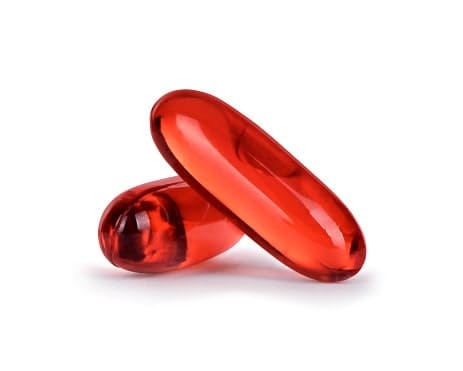 There are many distinct types of iron supplements available.
There are many distinct types of iron supplements available.
This may make it perplexing when picking which to purchase.
Here you can find the different Kinds of iron supplements available:
Ferrous Iron Supplements
Ferrous iron is one of the most commonly advocate and prescribed types of iron (6).
It’s readily available as ferrous sulphate, ferrous fumarate, and ferrous gluconate and are recommended because they provide a high dose of elemental iron per tablet, are comparatively cheap and easily accessible.
Ferrous iron is easily absorbed from the small intestine and is normally seen as the best method of treating iron deficiency and anemia (6).
But they’re proven to causes major gastrointestinal side effects including nausea, bloating, end, heart rate, abdominal pain, constipation, along with black/tarry stools (4)
Newer formulations of ferrous sulphate have significantly less unwanted effects since they supply a slow release of iron into the body (6, 7, 8).
They are a great option of nutritional supplement because ferrous iron supplements supply a high number of elemental iron.
Ferric Iron Supplements
Ferric iron formulas usually produce less side effects compared to ferrous iron (9).
This may be a great option if you attempted a nutritional supplement that is ferrous and are currently experiencing unpleasant side effects.
This sort of iron formula has not been demonstrated to be effective at treating anemia or iron deficiency compared to iron supplements. This is because the bioavailability of ferric iron is generally 3-4 times less than that of ferrous iron (6).
As mentioned iron needs to be in the ferrous form to be consumed by the small intestine. Thus, ferric iron needs to be converted into ferrous before it could be consumed. This process can be assisted with the addition of vitamin C into the supplement which helps this conversion process (6).
Iron nutritional supplements have a tendency to be costlier than supplements. If you are going to be taking your nutritional supplement for a few 20, so this might not be a good choice.
Iron Amino Acid Nutritional Supplements
Iron supplements are also offered in a form where iron has been bound to an amino acid.
By way of example, as iron amino acid chelate, ferrous diglycinate or ferrous bisglycinate.
In a study that compared the tolerability of different iron supplements, individuals who obtained the iron amino acid chelate nutritional supplement reported considerably less side effects compared to those who shot ferrous sulphate (10).
Studies have also reported iron amino acid supplements are just as powerful as ferrous sulphate in keeping regular iron levels (11).
This is a great alternative if ferrous supplements are causing side effects.
Iron amino acid supplements don’t have iron per tablet to help treat lack. They would be more beneficial to choose to reduce deficiency to keep your iron levels.
Summary: Ferrous iron supplements normally have the highest level of elemental iron per tablet computer and are therefore a great option in treating iron deficiency and anemia. Iron supplements are a different if you are having side effects. They might not work in restoring iron amounts.
Recommended Dosages
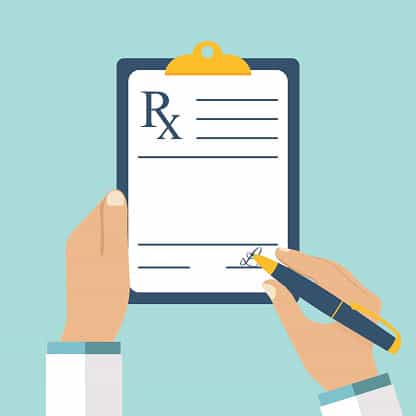 Each distinct iron supplement supplies varying quantities of elemental iron.
Each distinct iron supplement supplies varying quantities of elemental iron.
This is one of the most essential things. Iron will be the quantity of iron you will receive from the nutritional supplement.
Iron supplements must list both the quantity of elemental iron (in milligrams) and the sort of iron.

Image origin.
It’s important you are receiving the amount of elemental iron from your nutritional supplement.
To treat iron deficiency, the recommended dose (PDF) of iron should vary between 60 to 120 milligrams of elemental iron each day for a minimum of three months.
When taking an iron supplement, you should never take more than what is recommended. Too much iron can be toxic to the human body and result in serious health consequences (12).
Lower doses of elemental iron are most usually found in multivitamins. This dosage may help to keep iron levels, however will not be sufficient restore normal iron levels and to correct iron deficiency.
Overview: be certain to take the right quantity of iron when beginning a supplement. This will depend on if you need to restore iron levels or if you merely need to keep iron levels.
How and When to Require an Iron Remedy
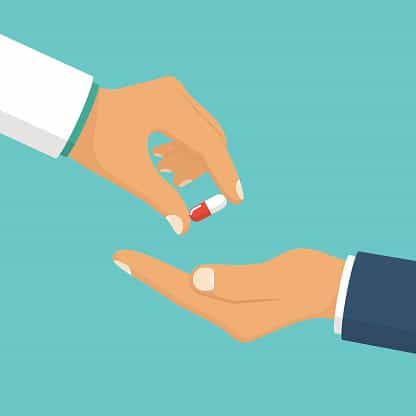 An iron supplement is also generally best taken on an empty belly.
An iron supplement is also generally best taken on an empty belly.
This is only because other minerals and chemicals found in some foods and drinks might interfere with absorption.
It is often suggested that additional minerals such as calcium, and zinc supplements might influence the absorption of iron (13, 14, 15).
But some research suggests these minerals have no effect on long term iron amounts (16, 17).
Compounds found in tea and coffee can also influenced the absorption of iron. We must therefore adhere to drinking tea or coffee between meals (18).
Individuals who choose a sort of medication called Proton Pump Inhibitors (Omeprazole, Pantoprazole, Esomeprazole), might also require additional iron supplementation.
This is because iron demands a certain amount of stomach acid to help with the absorption process. These drugs reduce the total amount of stomach acid produced and can therefore decrease the total amount of iron consumed (19, 20).
Overview: It is still considered better to have an iron supplement on an empty belly. Make sure you consult your doctor if you are taking any drugs that are influenced the absorption of your nutritional supplement or pharmacist.
Other Considerations
 Sometimes iron supplements alone will not help to restore iron levels.
Sometimes iron supplements alone will not help to restore iron levels.
You might want to consider vitamin A you are getting from your diet if your iron levels are still not back to normal after choosing a high dose iron supplement.
Vitamin A will help to release iron. Vitamin A deficiency can therefore prevent proper iron metabolism (21).
Supplementing the diet with a vitamin A supplement can therefore help to correct iron deficiency (22).
Vitamin A supplementation isn’t recommended in pregnant girls as high doses of vitamin A can be poisonous. Women should plan to fulfill their vitamin A necessity from their diet.
Overview: There are other reasons that your iron levels may be low. It’s a good idea to have your levels regularly checked to be sure you iron supplement is currently working.
Greatest Iron Supplement Overall
The best iron supplement remains unclear.
There are lots of things to take into consideration when deciding on a nutritional supplement.
Selecting a one which comprises the dosage of iron along with being able to frequently take your iron supplement will be the two most important points to take into account.
If tolerated, there is a nutritional supplement a good alternative owing to its proven capacity. It can be required to begin at a lower dosage and gradually work up to the highest recommended dosage, to prevent side effects.
Then shifting to an iron amino acid formula or ferric iron supplement should be considered if unwanted effects are experienced.
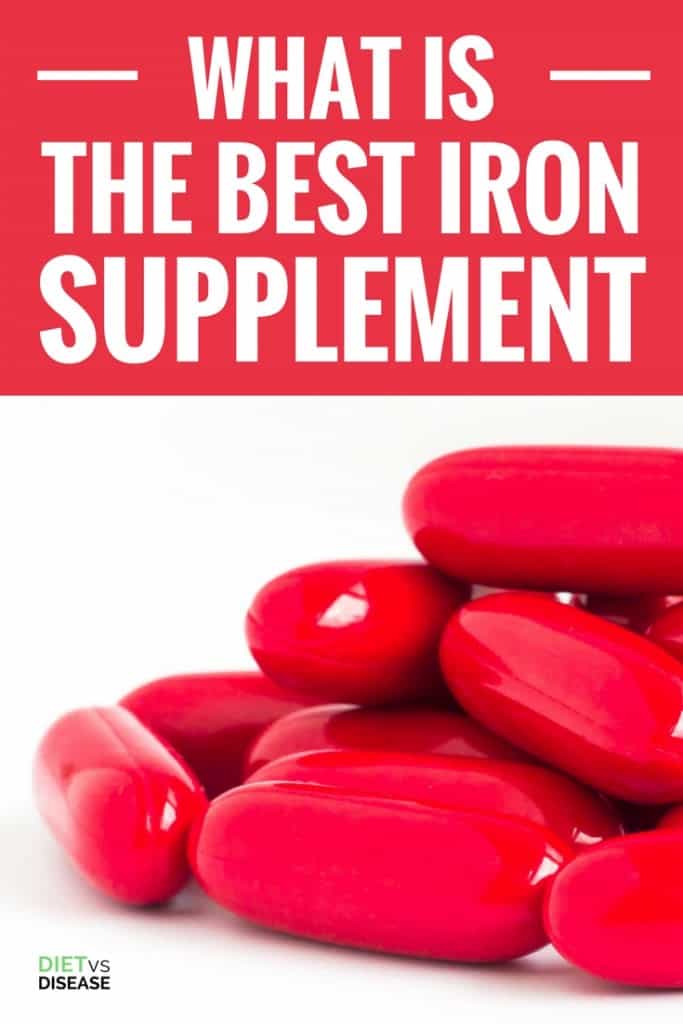
source http://revivelifesupplements.com/whats-the-iron-supplement/
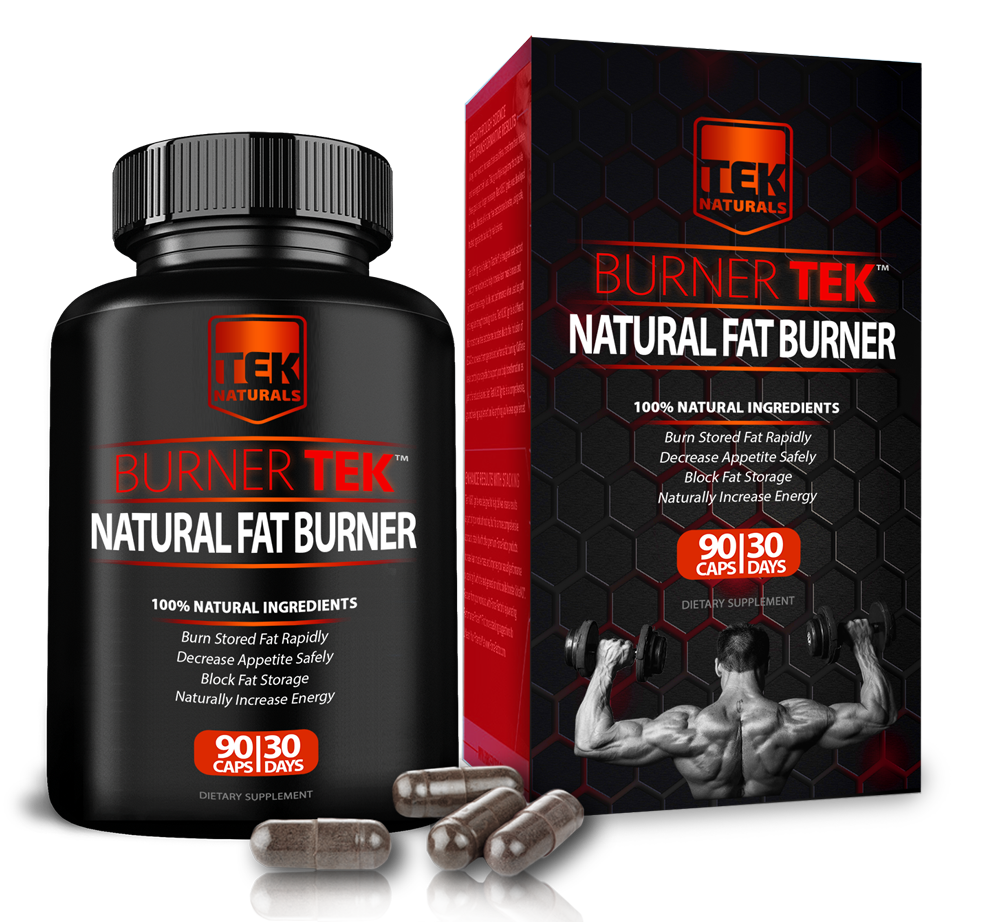
 byTek Naturals
byTek Naturals